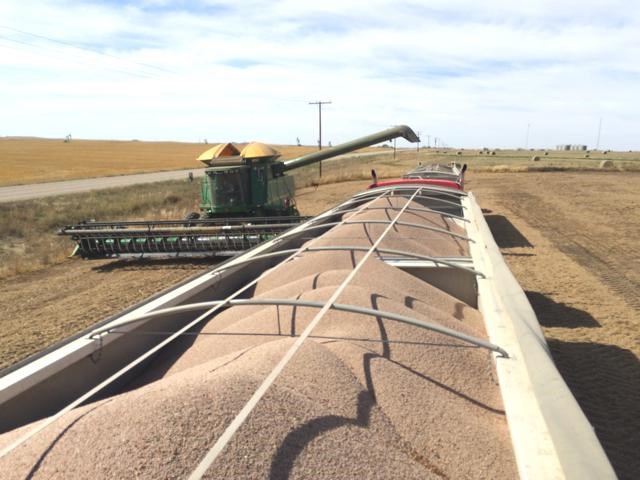The Saskatchewan Association of Rural Municipalities (SARM) has carefully considered the federal government’s 2021 budget and its implications for the RMs in the province.
“SARM has long been advocating for access to reliable broadband and we are pleased with the proposed addition of $1 billion to a fund for improving high-speed communications in rural and remote areas of Canada,” said a spokesperson for SARM.
This is in addition to the $1.75 billion already promised by the federal government's November fiscal update, bringing the total to $2.75 billion by 2026. SARM is eager to see high-speed broadband in 98 per cent of the country by 2026, and 100 per cent by 2030, including rural Saskatchewan.
SARM is also pleased with the proposed investment of $1.9 billion (over four years) to recapitalize the National Trade Corridors Fund. This funding could attract approximately $2.7 billion from private and other public sector partners, resulting in total investments of $4.6 billion and spurring investments in much-needed enhancements to our roads, rail, and shipping routes, building long-term resilience for the Canadian economy, and supporting internal trade.
Another positive is the earmarked $2.2 billion in new spending over the next seven years for the life sciences and bio-manufacturing sector. The funding will go to organizations such as postsecondary institutions, hospitals and grants councils to support new life-sciences companies, stem cell researchers and vaccine developers and provide Canada with a more secure pipeline for vaccines in the future.
It was a highlight to see $59.2 million over three years dedicated to the Vaccine and Infectious Disease Organization (VIDO) in Saskatoon to continue vaccine development and expand its facility.
SARM had been asking the federal government to completely exempt natural gas and propane used by farmers since the inception of the federally imposed carbon tax, therefore, the announcement of a rebate is not preferable to SARM but recognizes that the federal government has been listening and recognizes the extra financial burden on farmers.
“Although SARM acknowledges the announcement of initiatives that will help farmers transition to lower-carbon, more fuel efficient ways of farming, we are committed to continuing our lobby to the federal government for a meaningful Carbon Sequestration Offset program that will reward Saskatchewan agricultural producers that are reducing greenhouse gas emissions on their farms and ranches,” said the spokesperson.




